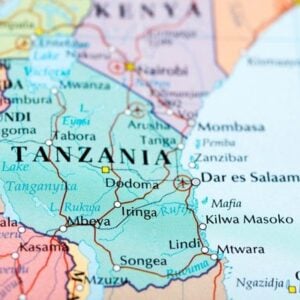Moldova’s recent parliamentary elections were competitive and offered voters clear choices between political alternatives, but the process was overshadowed by serious challenges, including foreign interference, illegal campaign financing, cyberattacks, and widespread disinformation, according to international observers. Despite the authorities’ efforts to mitigate these threats, these factors posed significant obstacles to the integrity of the electoral process.
The joint observation mission, comprising the OSCE Office for Democratic Institutions and Human Rights (ODIHR), the OSCE Parliamentary Assembly (OSCE PA), the Parliamentary Assembly of the Council of Europe (PACE), and the European Parliament (EP), noted that Moldova’s legal framework provides a sound basis for democratic elections. Recent reforms introduced clearer definitions of electoral corruption, stricter penalties, and improved regulation of campaign financing. However, frequent amendments to the law, especially close to the elections, undermined effective implementation and legal certainty.
Observers highlighted that the elections occurred amid unprecedented hybrid threats, including cyberattacks, disinformation campaigns, and illegal funding linked to foreign sources. Election authorities prepared professionally and demonstrated transparency, earning high trust for their efficiency. However, some decisions along partisan lines raised concerns about impartiality, and last-minute disqualification of certain parties limited candidates’ rights and the inclusiveness of the process.
The mission reported that disinformation campaigns and cyberattacks, particularly in the days immediately before and during the elections, targeted government and electoral digital infrastructure. Networks of accounts, sometimes using AI-generated content, troll farms, and automated bots, spread manipulative narratives to influence voters. While authorities increased efforts to counter such interference, the prevalence of these activities negatively impacted the campaign environment.
On election day, polling was conducted smoothly, largely attributed to the competence of election staff, many of whom were women. Despite Russia’s unprecedented efforts to manipulate the results through cyberattacks, vote-buying schemes, and disinformation campaigns, the integrity of the vote was maintained. Observers commended the resilience of Moldovan institutions and citizens in safeguarding the electoral process.
The media landscape was found to be diverse but highly polarized. While media platforms provided candidates opportunities to present their views, partisan coverage and limited investigative reporting hindered voters’ ability to make fully informed decisions. Reports of intimidation and harassment of journalists were also noted, reflecting the tense and divided political climate.
Overall, observers concluded that Moldova demonstrated impressive resilience to hybrid threats, showing determination to protect democratic processes. Election authorities acted professionally and efficiently, but challenges remain, including ensuring inclusiveness, strengthening impartiality, and protecting against foreign interference. The international observation mission comprised 415 observers from 50 countries, including ODIHR experts, parliamentarians, and staff from OSCE PA, PACE, and the European Parliament.






